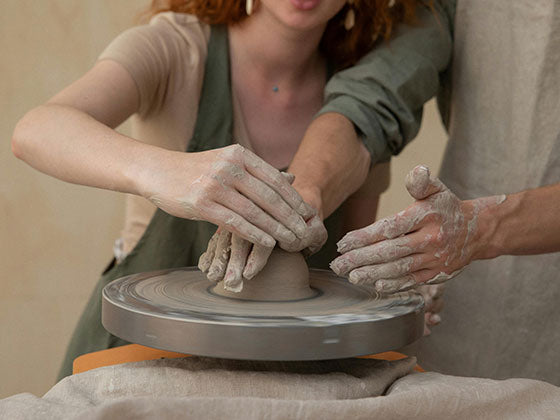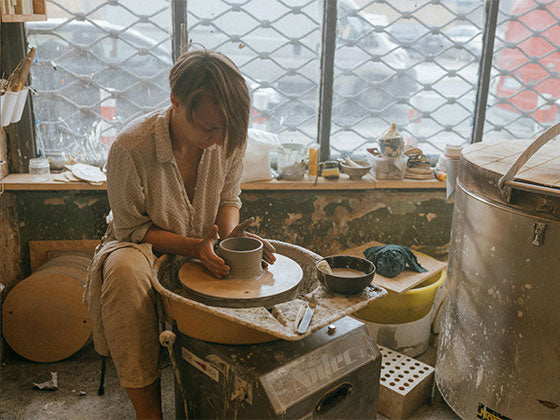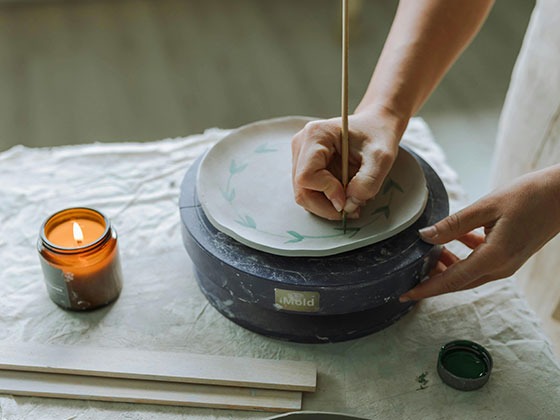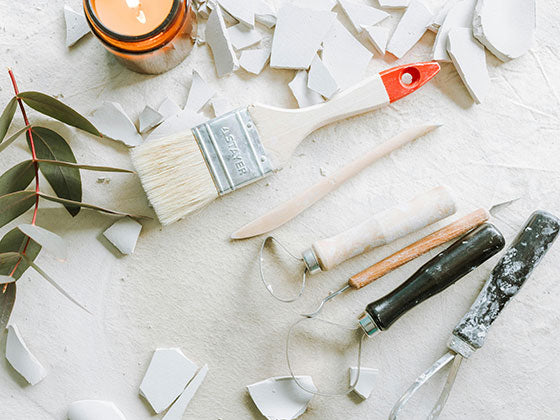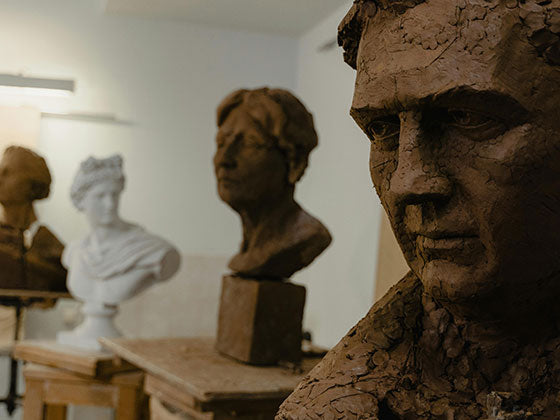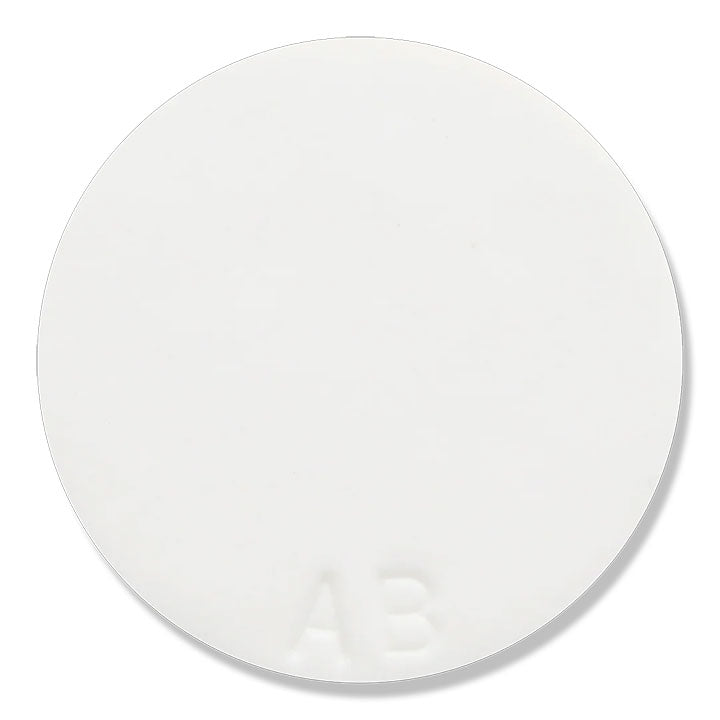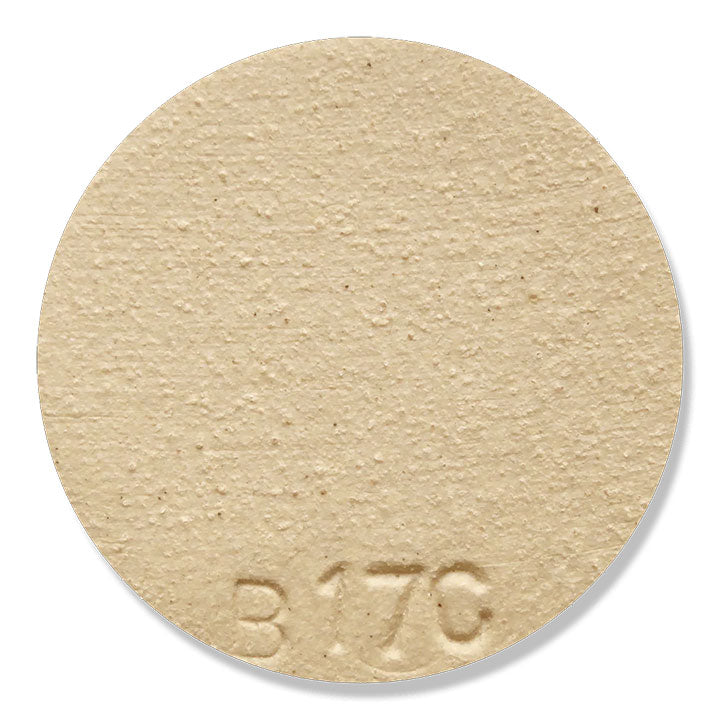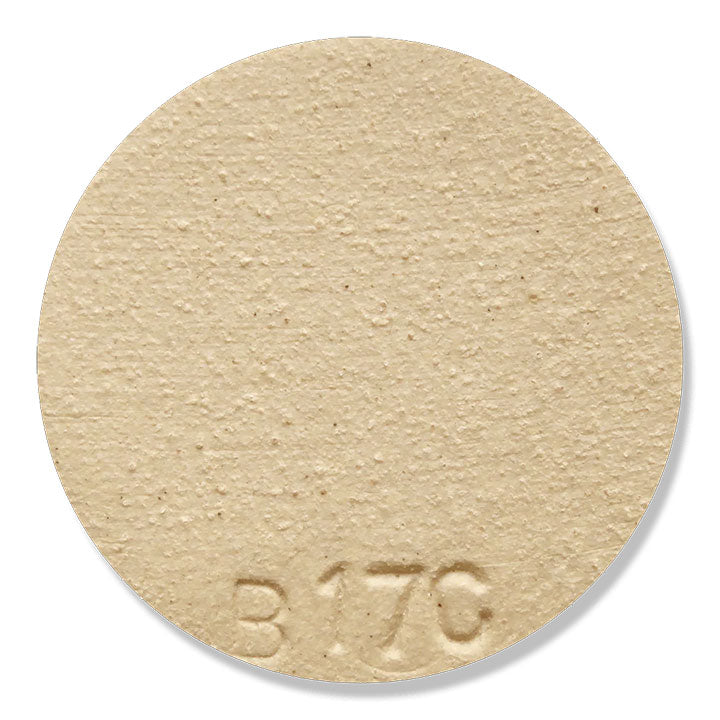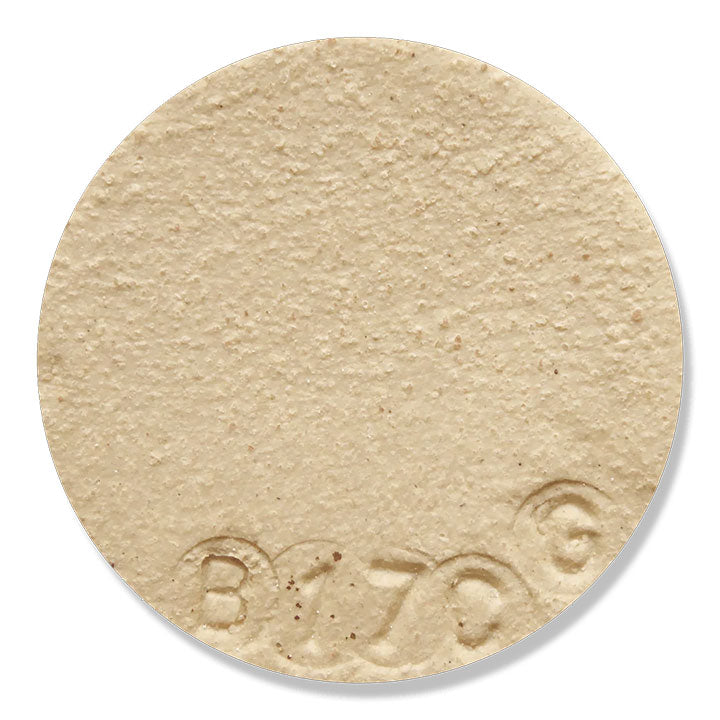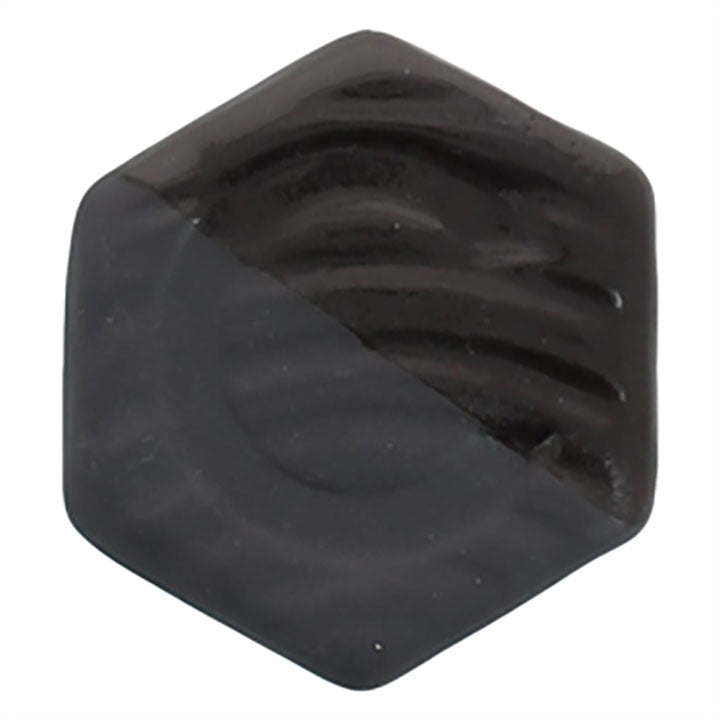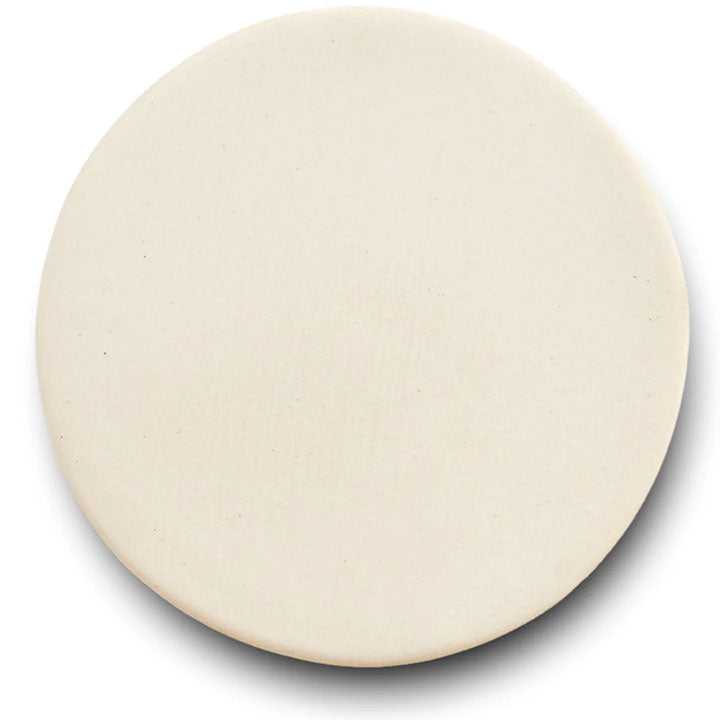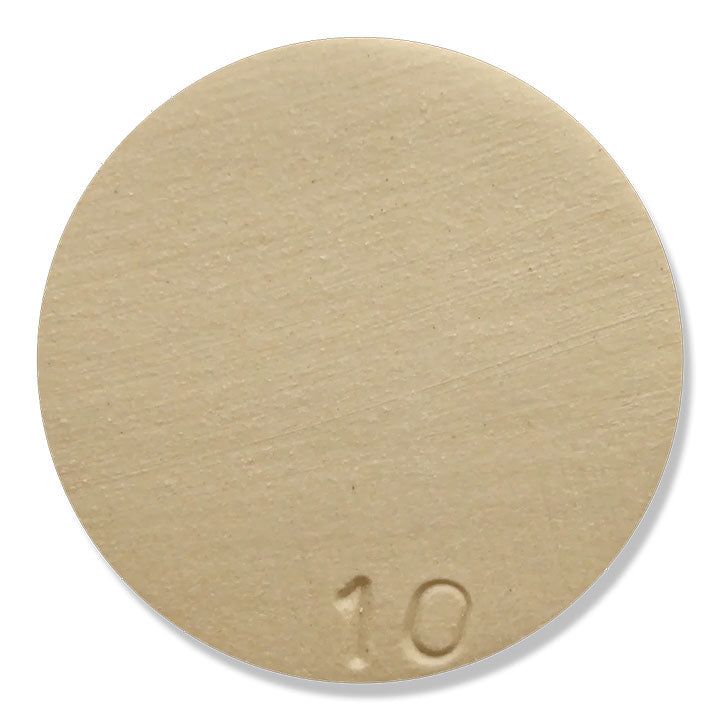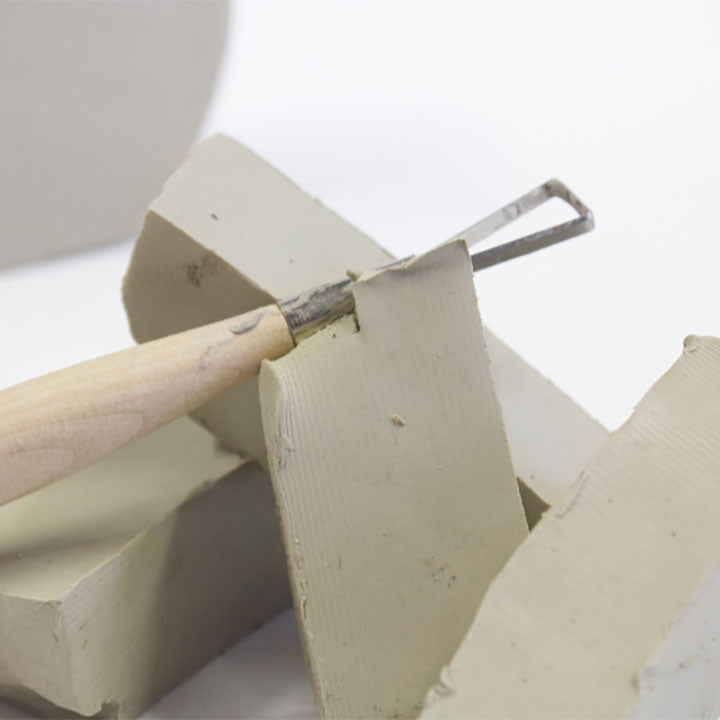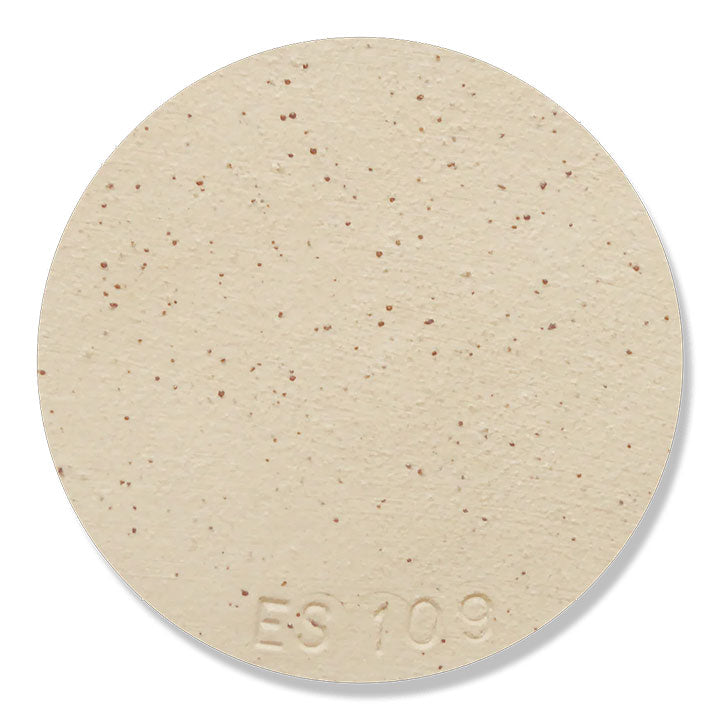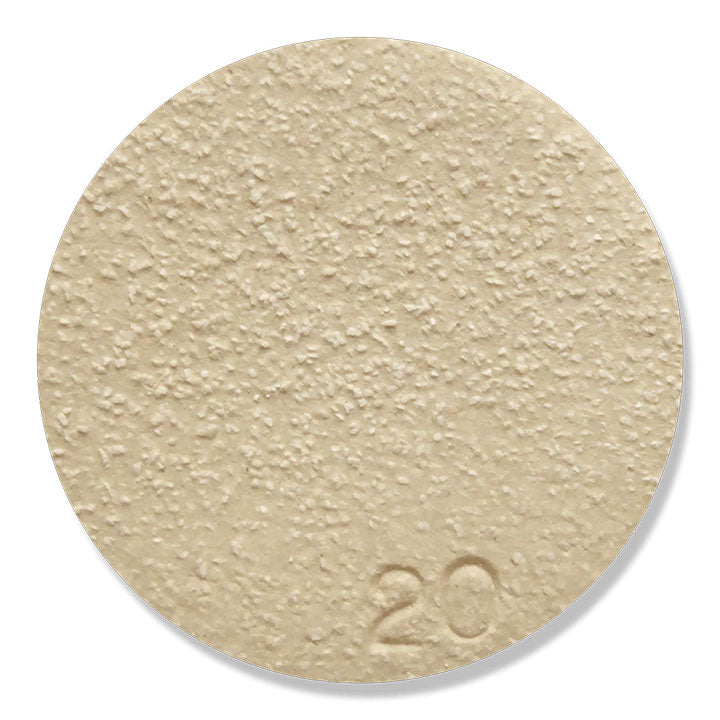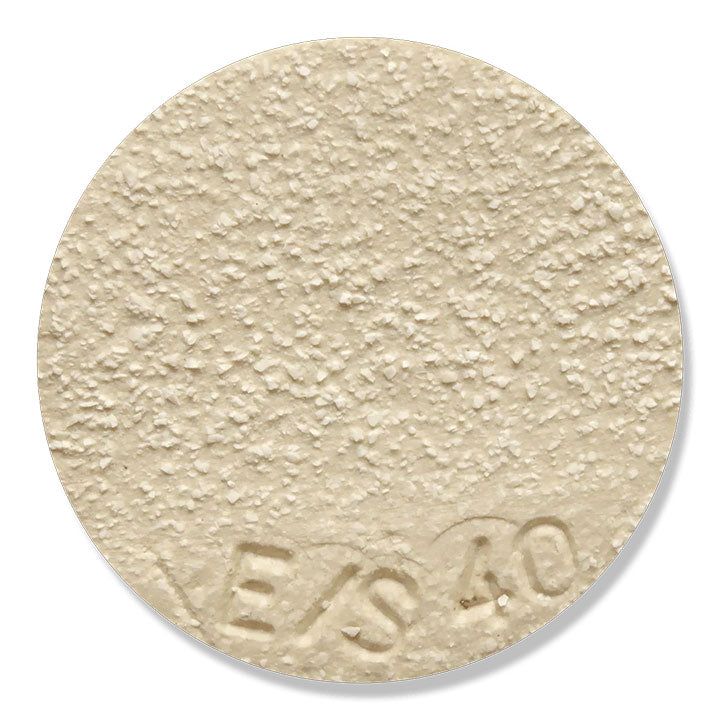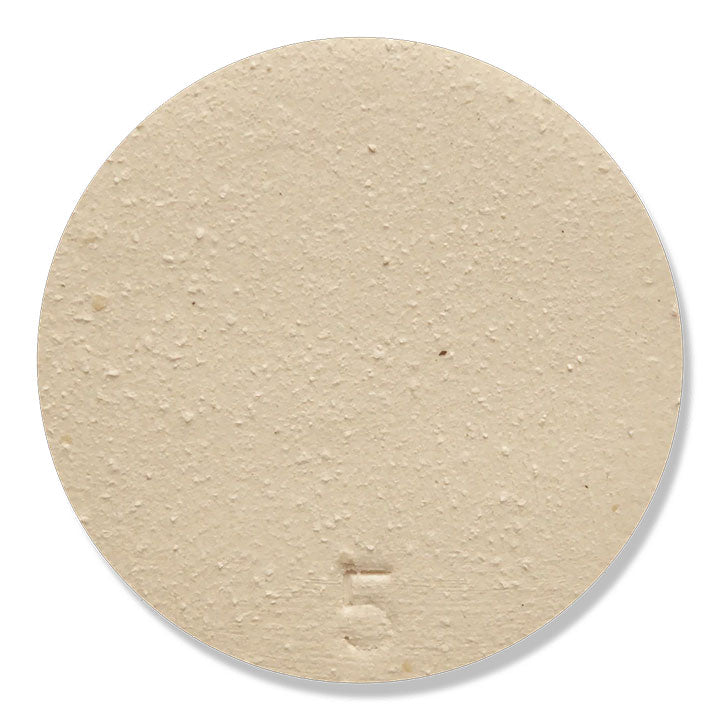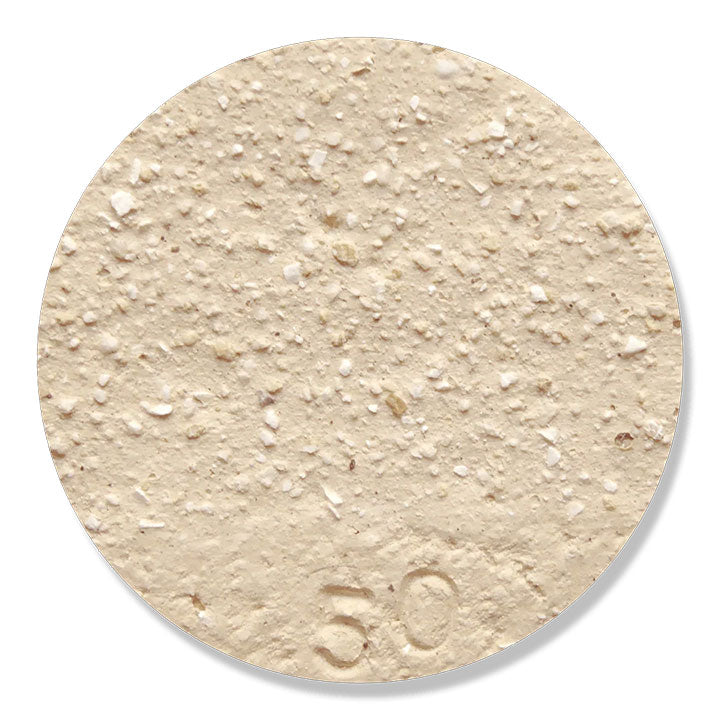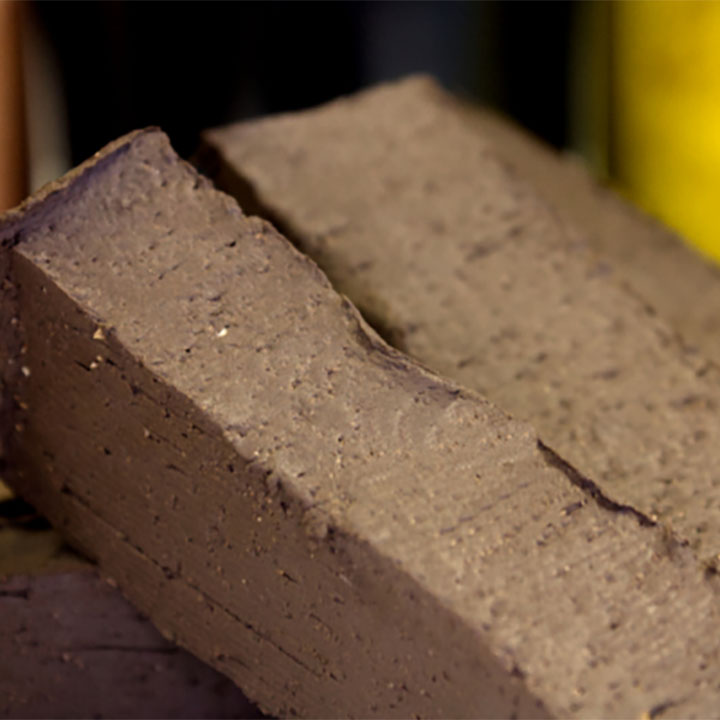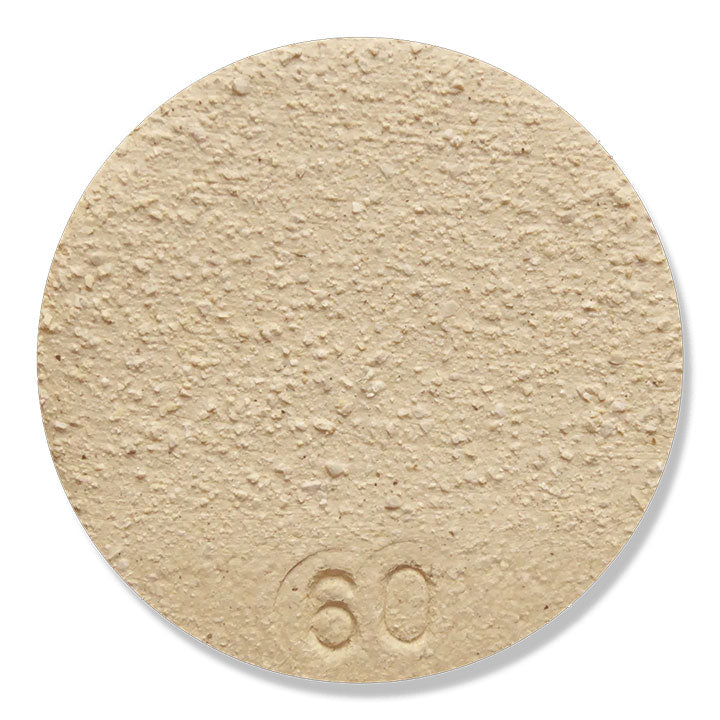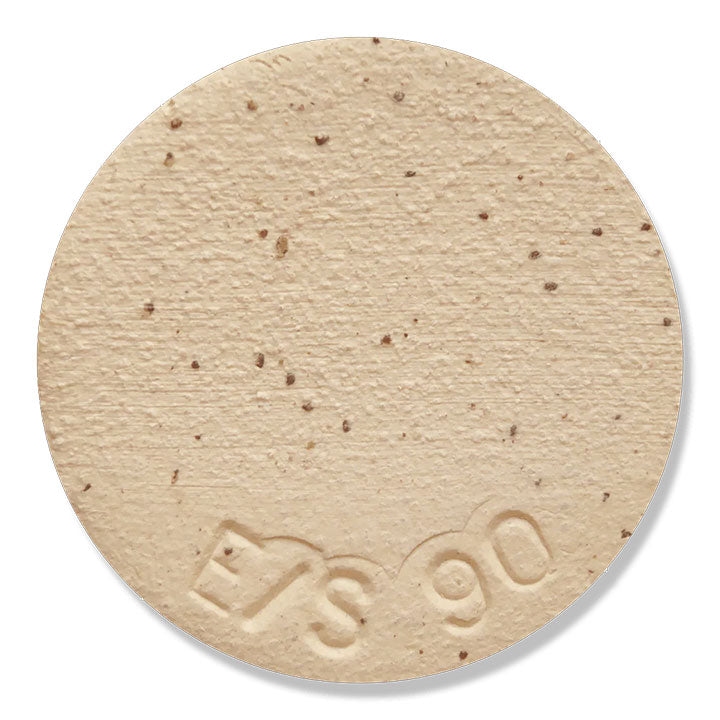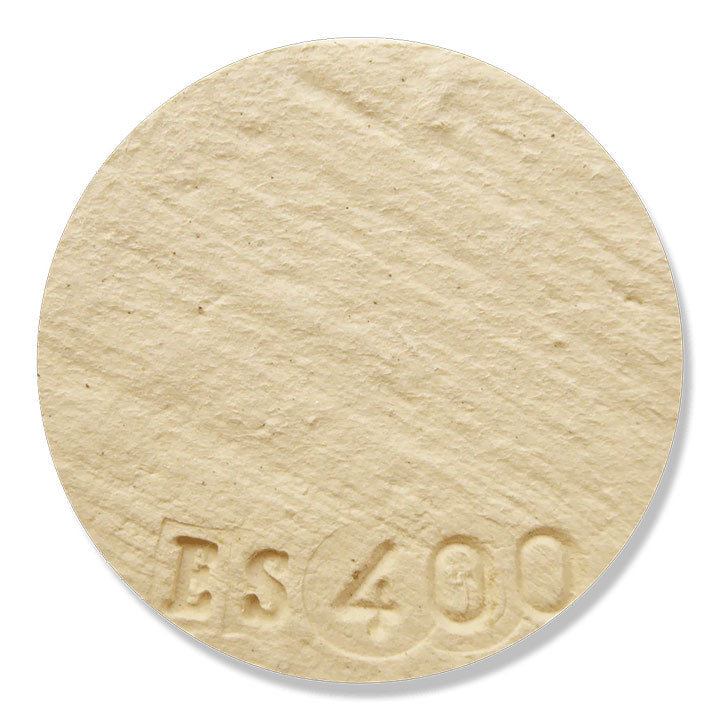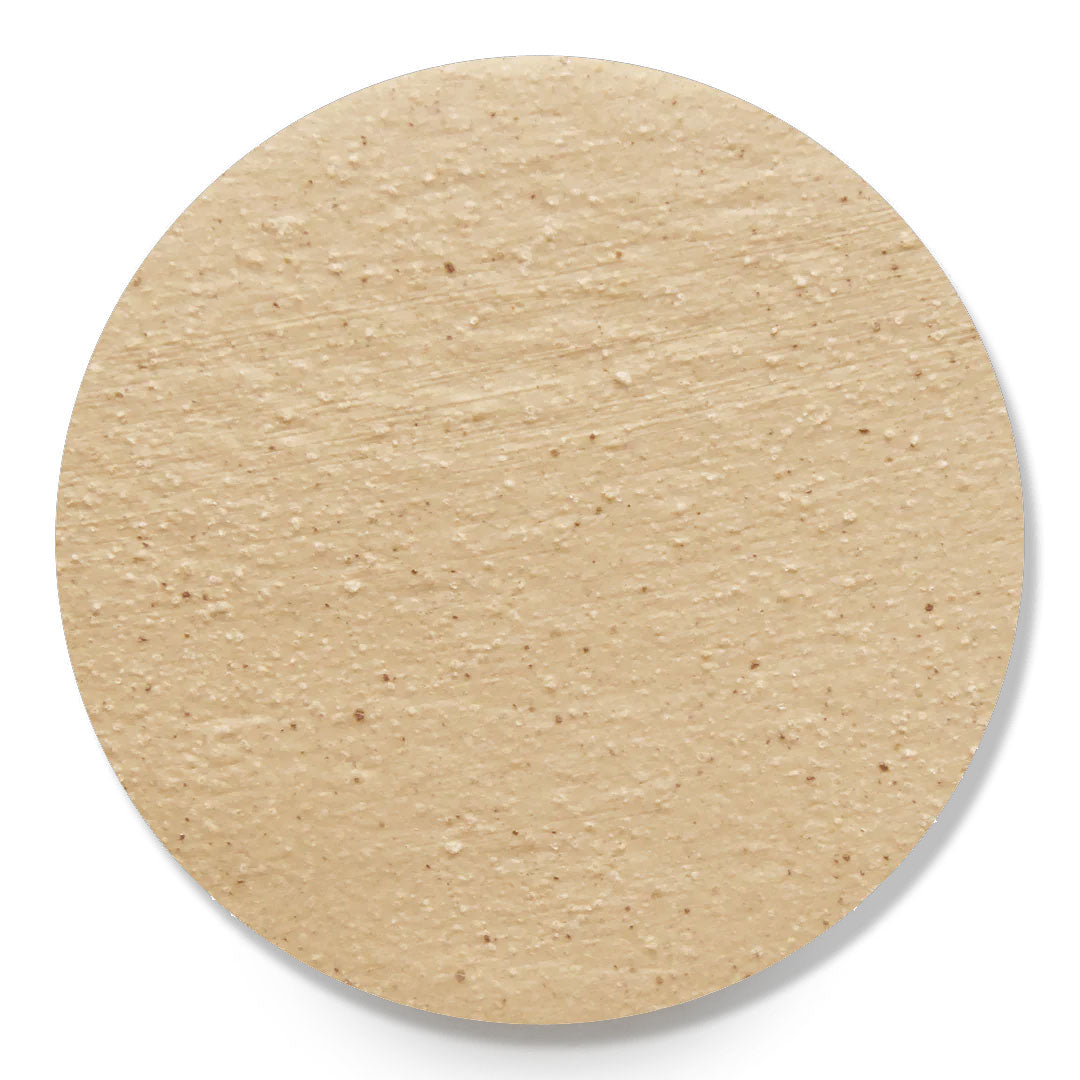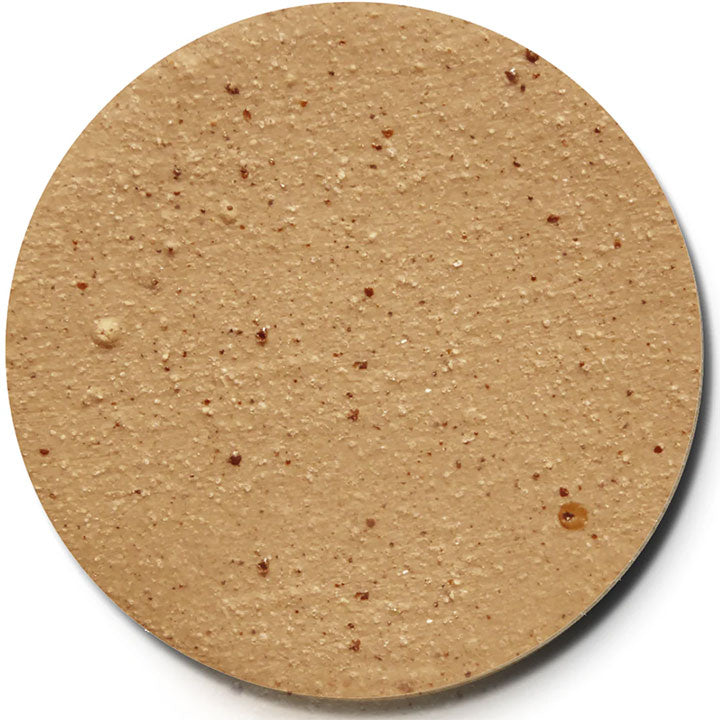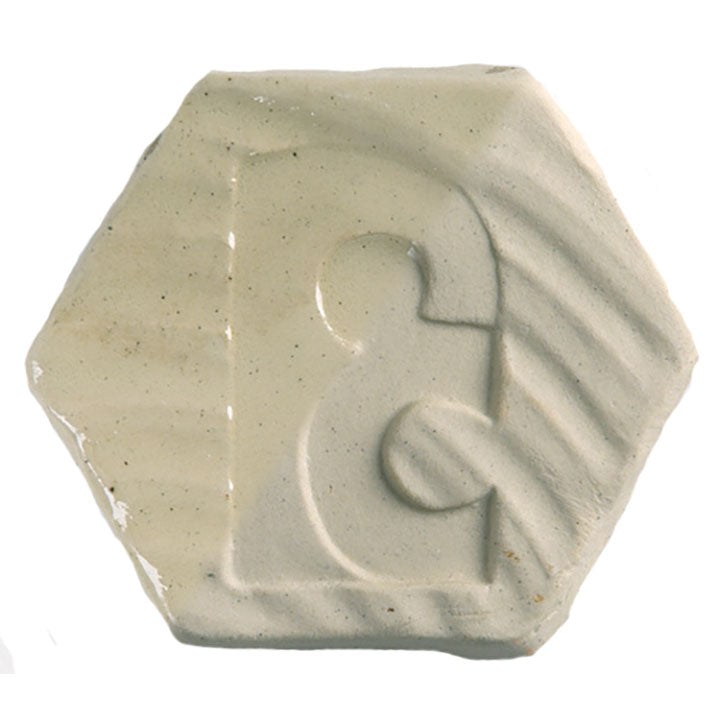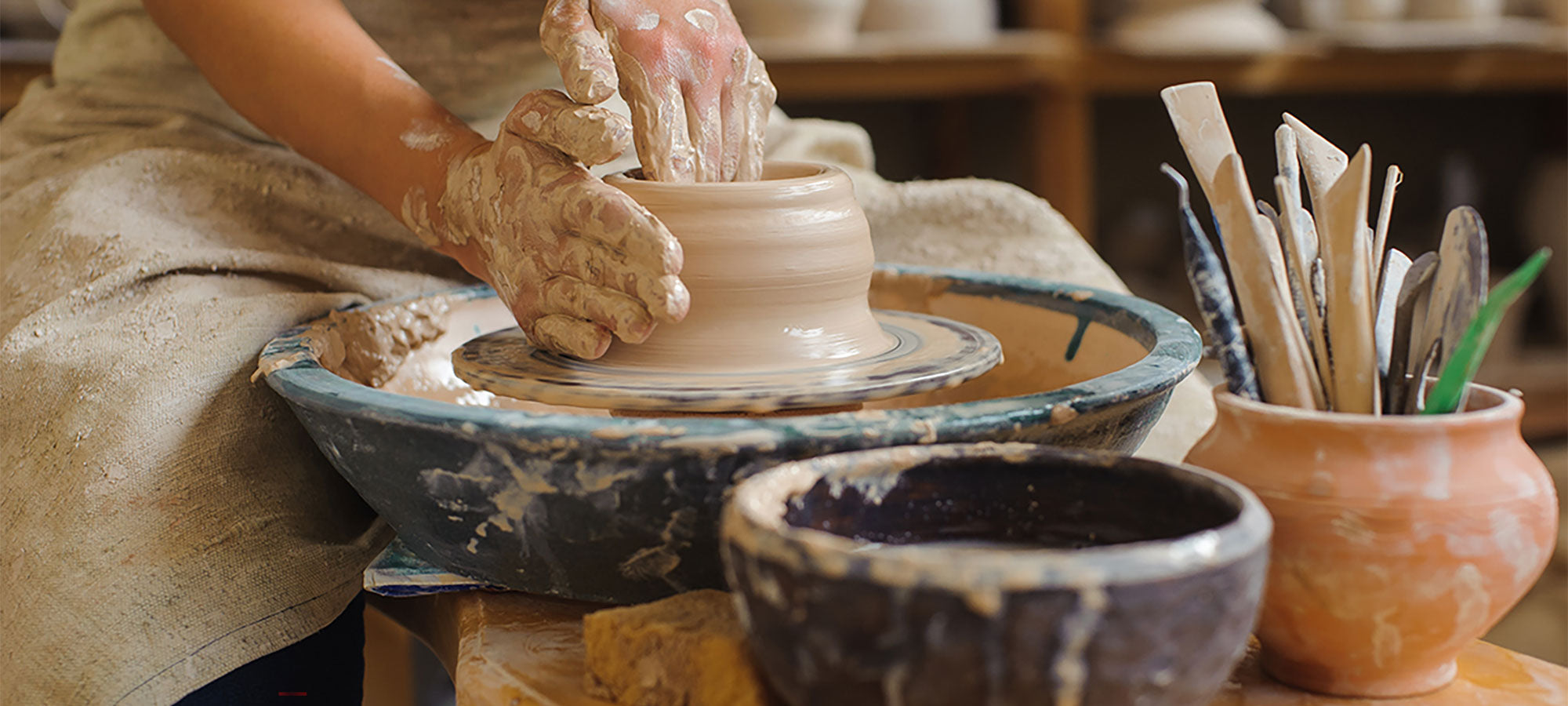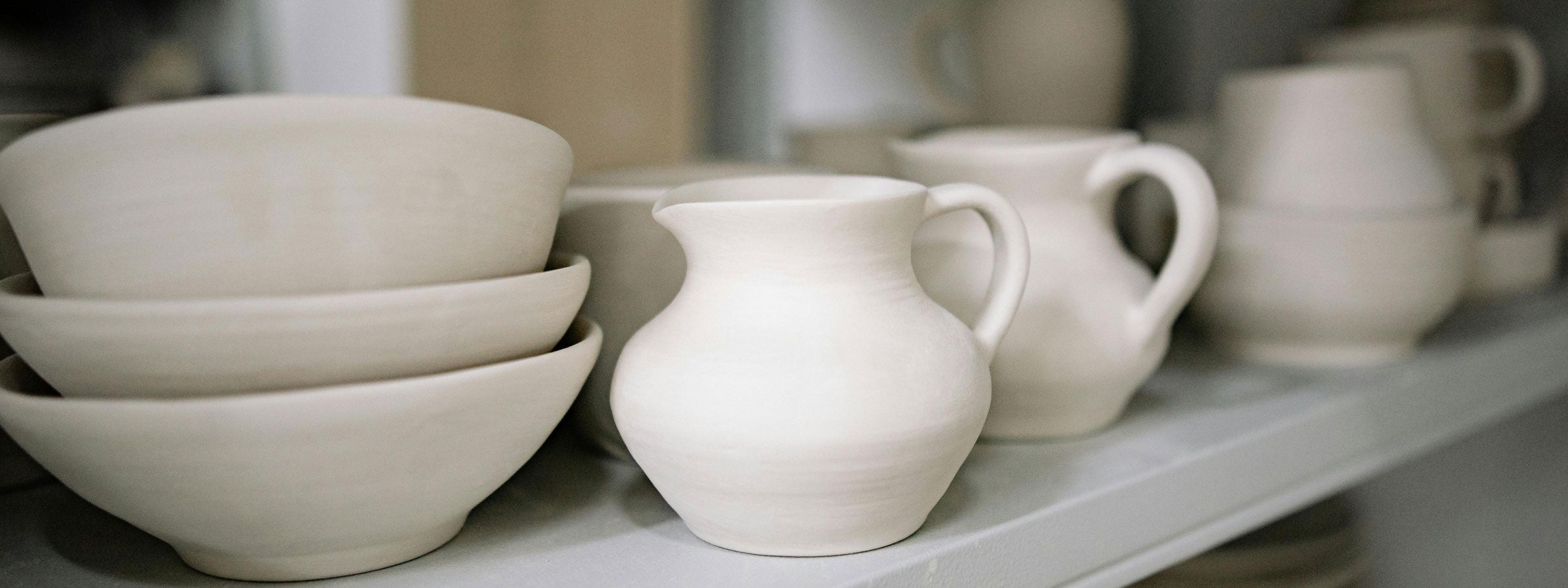
Stoneware & Porcelain Clay
We have an extensive range of stoneware and porcelain clays available. Explore our variety of stoneware and porcelain clay bodies available at Potterycrafts for pottery enthusiasts and professionals.
Filters
Filters
Audrey Blackman Porcelain Clay
B17C Smooth Stoneware Casting Slip
B17C Smooth Stoneware Clay
B17CG Grogged Stoneware Clay
Basalt Fleck Stoneware Clay
BERLIN Grey Stoneware Clay
Ceradel Black Ice Porcelain Clay
David Leach Translucent Porcelain Clay
Earthstone ES10 Extra Smooth Stoneware Clay
Earthstone ES109 Speckled Stoneware Clay
Earthstone ES20 Smooth Textured Stoneware Clay
Earthstone ES40 Handbuilding Clay
Earthstone ES5 Original Stoneware Clay
Earthstone ES50 Crank Stoneware Clay
Earthstone ES60 Textured Crank Stoneware Clay
Earthstone ES90 Flecked Stoneware Clay
ES400 Grogged Body Earthenware Paper Clay
HT Briar Buff Earthenware Stoneware Clay
Ironstone Plastic Clay
Light Buff Stoneware Clay
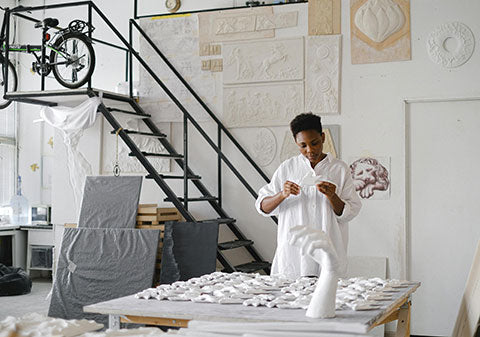
Stoneware clay fires at higher temperatures clay 1180°C – 1280°C. Normally stoneware clays mature when fired in the mid to high fire range. Porcelain has the capacity to look very delicate and refined but is also tough and non-porous and fires at 1250°C – 1300°C. So, its uses are many and varied. It can be used for detailed sculptural artistic work.
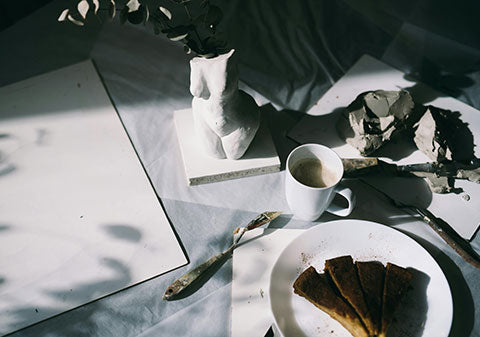
Stoneware and porcelain clay are two popular types of clay used by potters and ceramic artists. However, both clays have their own unique properties and benefits. Stoneware clay is more plastic, making it easier to work with and mould into shapes. Porcelain clay, on the other hand, is more elastic (like a rubber band) and can be harder to mould. Casting or pottery slips are a liquid form of clay used in mould
making. Made by deflocculating plastic clay.

